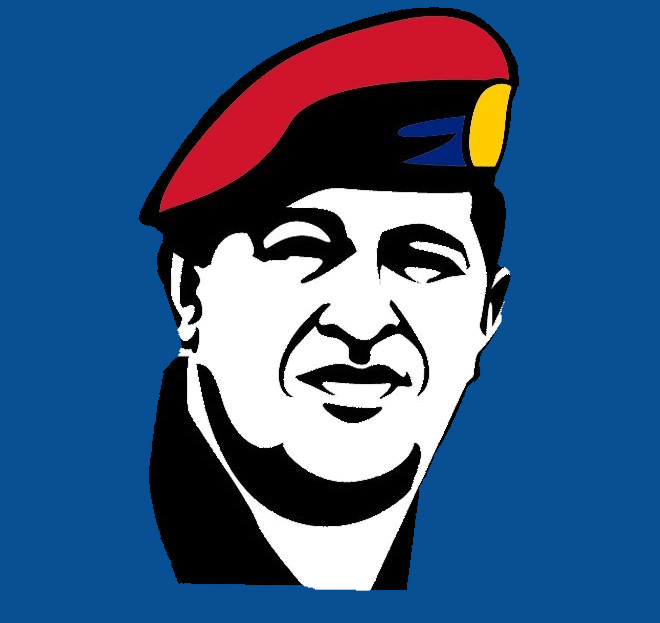Undemocratic
Policy
For a brief time, in the months after Hugo Chavez’s election, the United States government viewed him as a promising new leader in Venezuela. The House of Representatives introduced a resolution congratulating the Venezuelan people on their free and fair election. The State Department foresaw a new beginning for the strong diplomatic relations with Venezuela. The Clinton White House saw a young leader of an oil-rich country whom they could mold to be in line with Western democratic and capitalist ideals. However, the hopes of these American governmental leaders were quickly dashed as Chavez declared Venezuela a “Bolivarian revolutionary” state, which would distance the nation from dependence on the U.S. and democratic norms. Always, in the minds of American leadership, Chavez and Venezuelans were seen as “other” and “exotic” in the ways described by American thinker and writer, Audre Lorde. The only question was whether these “others” could be brought in line with the democratic hegemony espoused by the U.S. to an extent that would promote American interests internationally. When it was becoming clear by the early 2000s that Hugo Chavez would be exploring alternative approaches to governance and attempt to buck American influence and democracy promotion, U.S. policy shifted dramatically. U.S. officials in Congress, the State Department, and the White House began labeling Chavez and Venezuelan leadership as “undemocratic” and “authoritarian.” There were clear tones of exoticism and otherization that permeated these policies. Edward Said’s “us” vs. “them” mentality of the West toward the Orient can be extended to the ideas of American leadership toward Venezuela and the broader Global South.
